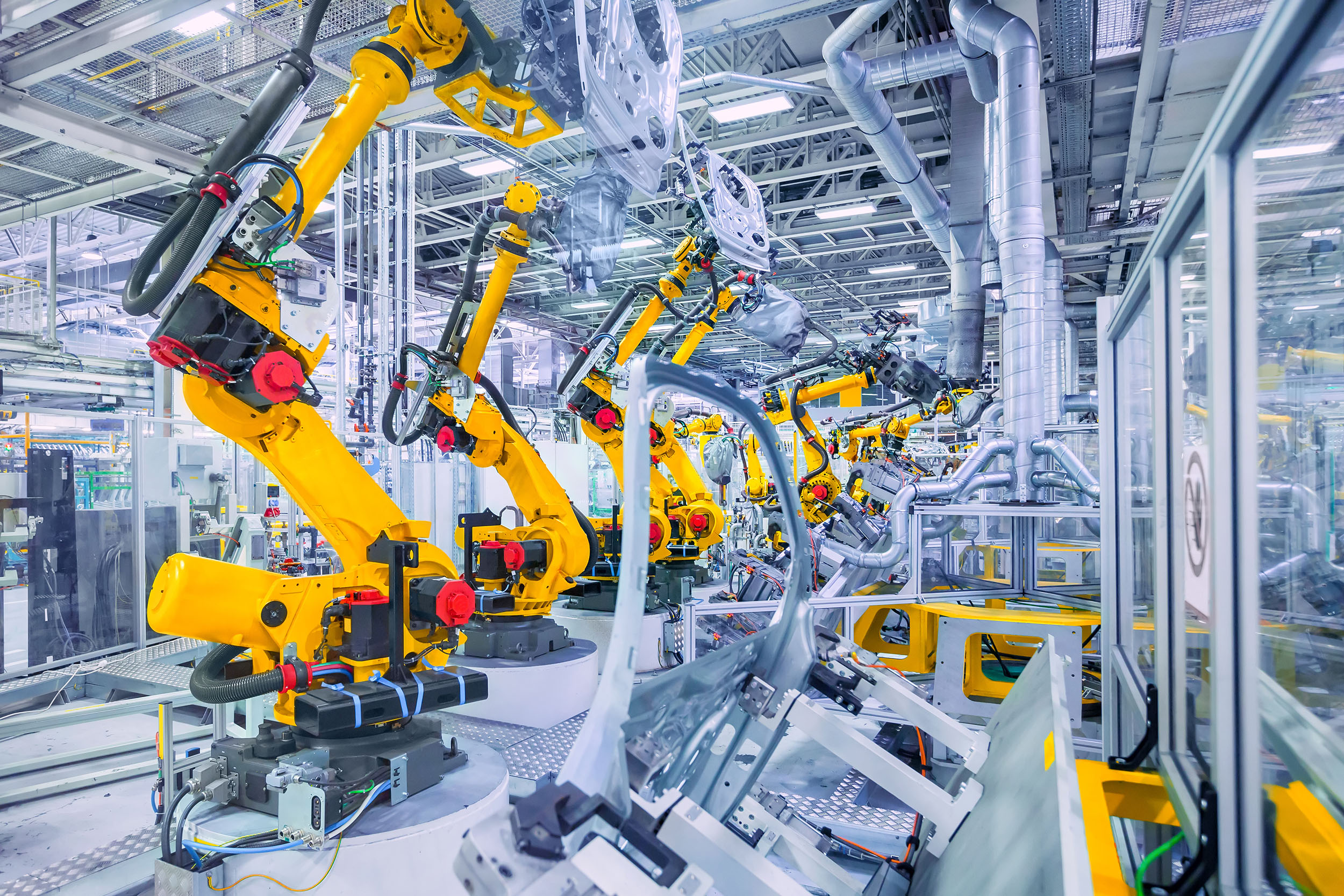A series of reports by Education Week is highlighting how automation and a possible “robot apocalypse” could impact the way schools educate students for the future, and how the outcome of many of the moral dilemmas that await the next generation will depend on how well schools instill good character.
The education site suggests that by the time today’s sixth graders are in the workforce, robots will have likely replaced many of the working and middle class jobs available today. Top economists and technology experts offer a wide range of predictions for the future, from a full-blown robot revolution to a slow integration of new technologies in a variety of sectors, and now schools are grappling with how to prepare students for the uncertain.
“What skills will today’s students need? Will the jobs available now still be around in 2030? Should every kid learn to code? What about apprenticeships, career-and-technical education, and ‘lifelong learning?’” Education Week questions. “Just as importantly, how can schools prepare children to participate in the political, civic, and moral debates stirred up by technology-driven changes?”
Futurists like Martin Ford, author of Rise of the Robots, predict many routine jobs could soon be gone, such as paralegals, radiologists, line cooks, truck drivers, tax preparers, office assistants and others.
Such “predictions tend to overgeneralize from a breakthrough at one level of engineering to quote another level of sophistication,” wrote Mike Rose in The Hedgehog Review, and tend to ignore history showing that new technologies often “draw on existing knowledge and skills, even as it might alter them.”
Massachusetts Institute of Technology’s Paul Osterman, who ran the state’s workforce training programs, told Education Week that people will likely adapt with technology. And while some jobs will be lost, people will create new opportunities and new occupations in ways similar to the country’s transition from an agricultural economy to an industrial economy a century ago.
Either way, most agree students will need new skills for an unpredictable future, and will likely need a foundation in math and science, as well as other, uniquely human abilities.
“To maintain their edge, workers would also need to focus on cultivating the human qualities that robots still lack, such as creativity, empathy and abstract thinking,” Education Week reports. “And because most jobs could constantly evolve, today’s students could eventually face a make-or-break question: Can you adapt?”
That question will guide the flourishing of students after they graduate, and the answer could rest with how well schools instill good character in the classroom.
“ … Consider how deeply robots, algorithms, and digital agents are being woven into important aspects of our lives, from loan applications to dating to criminal sentencing. Will tomorrow’s citizens be thoughtful and vigilant in deciding how much control they’re willing to give to technology? Will they be able to recognize and challenge automated decision-making systems that replicate existing racial, gender, and other biases?” Education Week questions. “For all the attention to technology, the answer may have more to do with our laws, policies, and values.”
Many believe it’s especially critical for educators to help students reflect on the wise use of technology as part of a broader character formation lesson. Such lessons require intention and planning beginning with resources about character, technology, and making decisions based on good sense.

